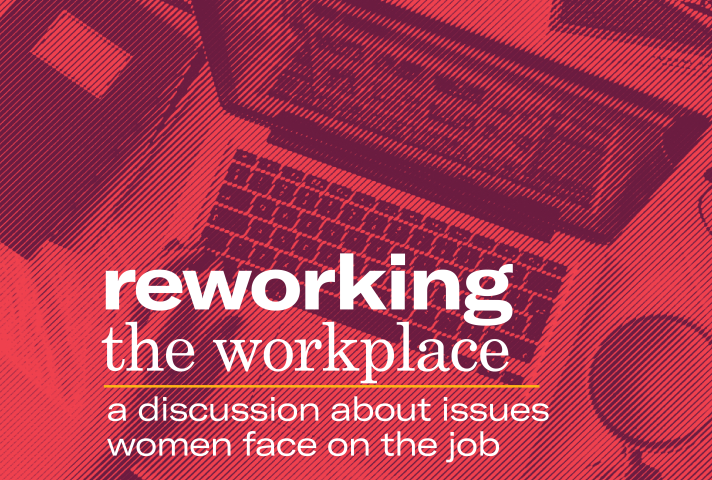Every day, women across Illinois face discrimination when they go to work - from equal pay discrepancy to sexual harassment. The ACLU of Illinois is fighting in the courts and legislatures to improve workplace conditions for women across the state. Please join us on December 17th for Reworking the Workplace, a panel discussion that will explore a range of issues women face on the job.
The panel will feature Amy Meek of the ACLU of Illinois, Illinois State Senator Toi Hutchinson, and Melissa Josephs of Women Employed. Google's Kelly Twohig will moderate.
All guests must be registered to attend.
If you have any questions on this event please contact Jamie Murphy at jmurphy@aclu-il.org or 312-201-9740 x 353.
